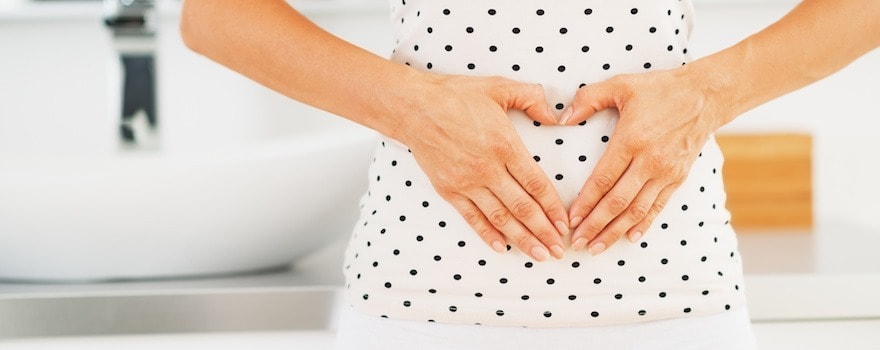A quoi servent les probiotiques ?
The probiotics are a group of microorganisms made up of bacteria, yeasts, and fungi.
They make up the various microbiotas of the human body, such as the skin, oral, and intestinal microbiota. They feed on prebiotics, a type of fiber that they are often confused with.
They are primarily responsible for protecting the environment in which they develop and for maintaining its balance.
They therefore improve the immunity of cells within the microbiota. In addition, they strengthen the barrier function of mucous membranes and fight microbial attacks.
This helps explain, among other things, their benefits for acne and skin diseases.
Probiotics also have beneficial effects on the gut microbiota. They can notably relieve constipation, which is characterized by difficulty passing stools.
To do this, they enrich the microbial flora and promote stool transit in the colon. At the same time, they improve the associated symptoms and discomforts: bloating, stomach aches, flatulence…
Thus, taking probiotics could be beneficial if you suffer from temporary or chronic constipation.
You can find them in yogurts, brewer’s yeast and fermented beverages such as the kefir or the kombucha. They can also be taken as dietary supplements.
Read also | How to choose the best probiotics?

How do they help relieve constipation?
They balance and enrich the gut microbiota
These microorganisms are essential to the balance of the gut microbiota. Thanks to them, good bacteria always outnumber bad bacteria.
Otherwise, an imbalance can result in digestive disorders, bloating, abdominal pain, diarrhea or constipation.
This study shows the link between dysbiosis (imbalance of the gut microbiota) and constipation.
In addition to maintaining balance, probiotics enrich the existing flora. Thus, they increase the population of good bacteria, thereby improving the composition of the gut microbiota.
This study shows the mechanisms by which probiotics relieve constipation.
They improve intestinal transit
In cases of constipation, intestinal transit is slow and sluggish. Food has difficulty moving through the colon.
This leads to less frequent stools that are dry and hard. Consuming probiotics can help improve this transit and the passage of stools.
Indeed, they promote intestinal contractions that allow food to move to the rectum.
To do this, they regulate the pH in order to maintain an acidic environment within the microbiota.
This acidification is essential for peristalsis, i.e., the muscular contractions of the intestine.
This study shows their beneficial effects on transit, stool frequency, and consistency.
They relieve associated symptoms
Probiotics don’t just relieve constipation. They also improve associated symptoms and feelings of discomfort.
Indeed, this condition can cause abdominal pain, bloating, flatulence, or a feeling of heaviness.
These microorganisms help restore well-being and intestinal comfort.
In this study, they improved the symptoms of irritable bowel syndrome, which is often accompanied by constipation.

Which ones to choose ?
Probiotics include several hundred different species of bacteria. The best known are bifidobacteria and lactobacilli.
Among them, some strains have proven very effective. This is the case of Lactobacillus plantarum, which, in this study, improved stool consistency.
So, in case of constipation, favor the following strains :
- Bifidobacterium lactis
- Bifidobacterium longum
- Lactobacillus plantarum
- Lactobacillus rhamnosus



